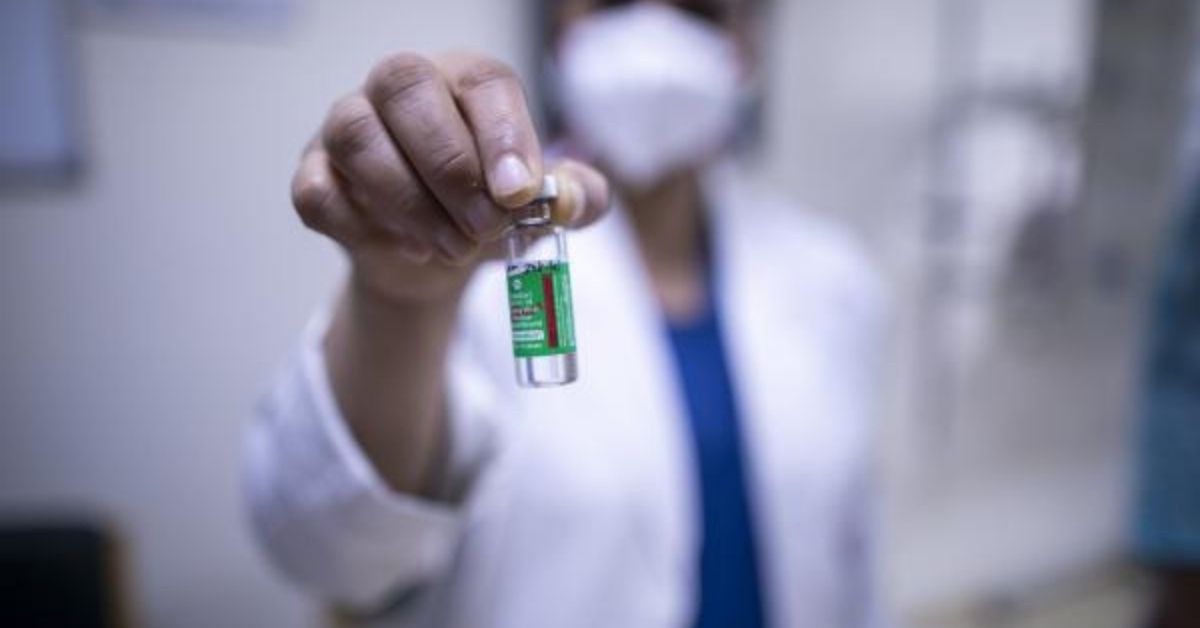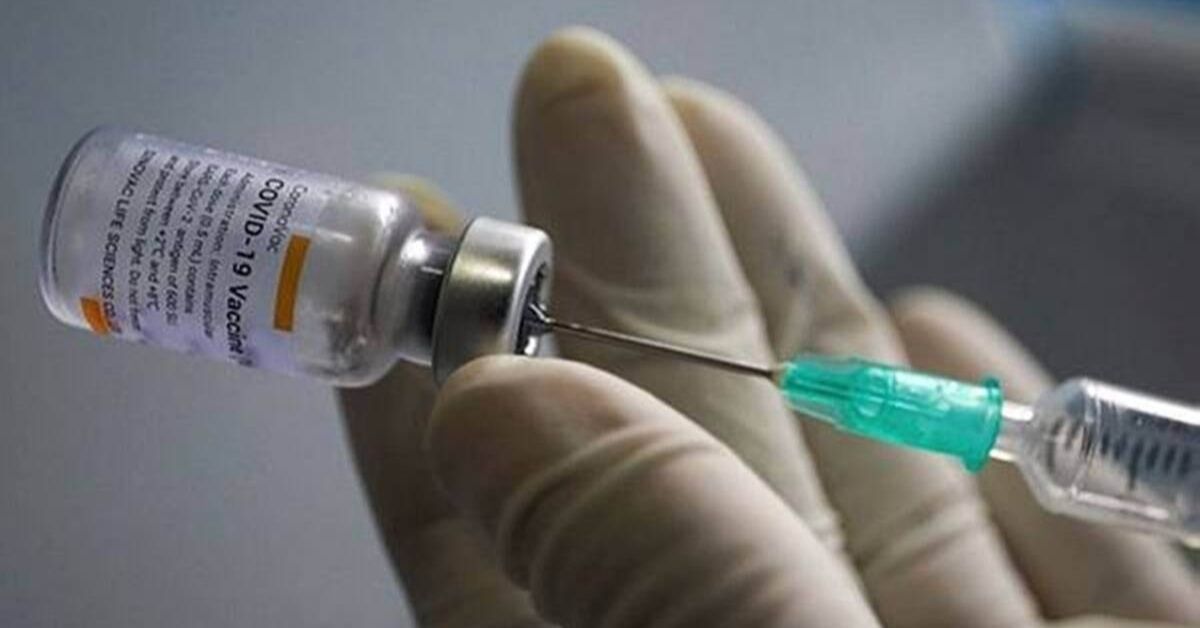
A study based on the spike protein of SARS-CoV-2 has shown that the presently used vaccines may be less efficient against the Beta variant.
Vaccines less efficient against the Beta variant
The study published on June 24, adopted cryo-electron microscopy (cryo-EM) to compare the spike protein from the original virus found in China in 2019 with that of the Beta variant and the Alpha variant first recognised in the United Kingdom. Cryo-Em is an imaging procedure used to define the biomolecular structures at near-atomic resolution.
The researchers at Boston Children’s Hospital in the United States show that changes and the mutation in the Beta variant, also known as B.1.351, has improved the shape of the spike surface at some places. With this, neutralising antibodies produced by current Covid-19 vaccines are less able to fight the Beta virus, which may allow it to trick the immune system even when people are vaccinated.

Credits: DW
New genetic sequence
“The variations in the Beta virus make antibodies stimulated by the current vaccine being less effective. The Beta variant is slightly rebellious to the current vaccines, and we think a supporter with the new genetic sequence can be beneficial for protecting against this variant,” said Bing Chen, from Molecular Medicine at Boston Children’s.

The researchers also discovered that mutations in the Beta variant make the spike less effective and thus this variant is less transmissible than the Alpha variant. Nevertheless, the experiment showed that antibodies acquired by existing vaccines can still neutralise this variant, according to the researchers.
The research team is also analysing the structures of other variants, including the Delta variant (B.1.617.2), first identified in India.







